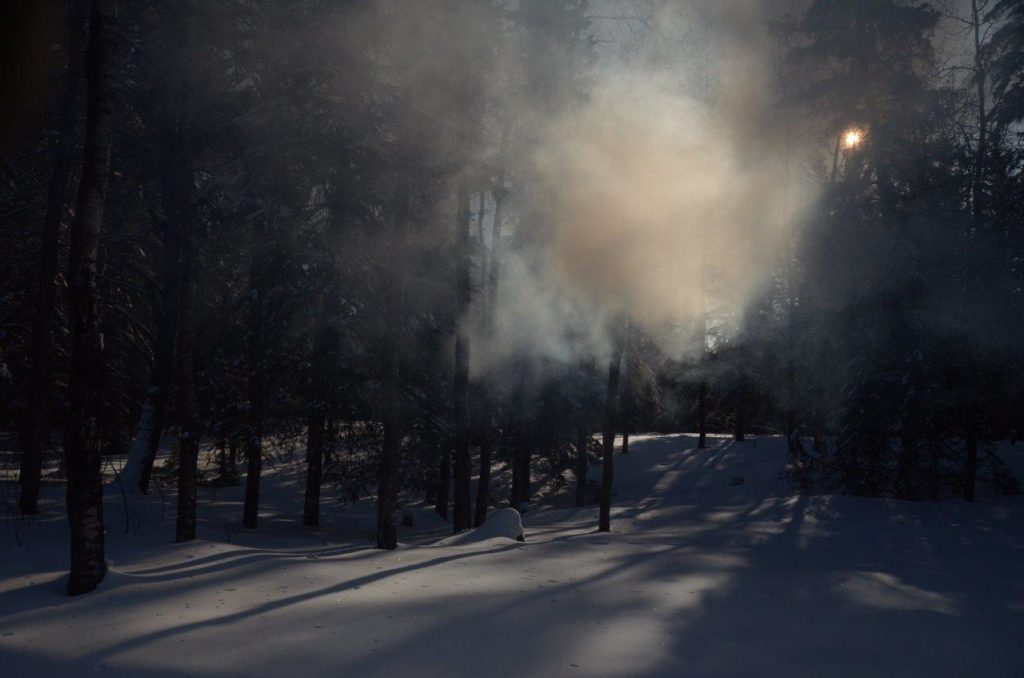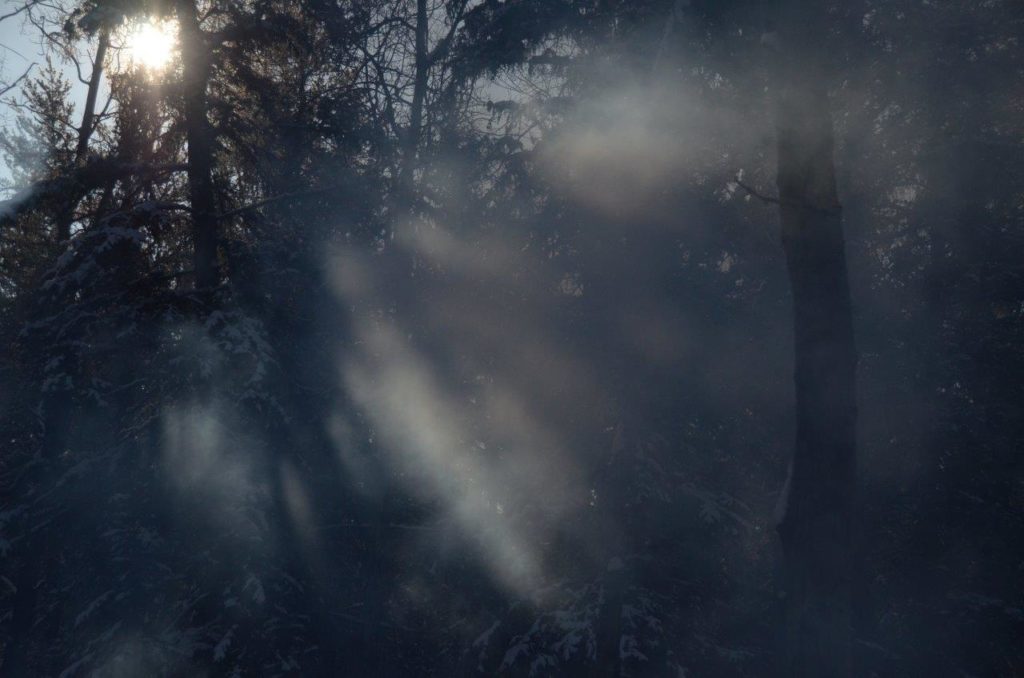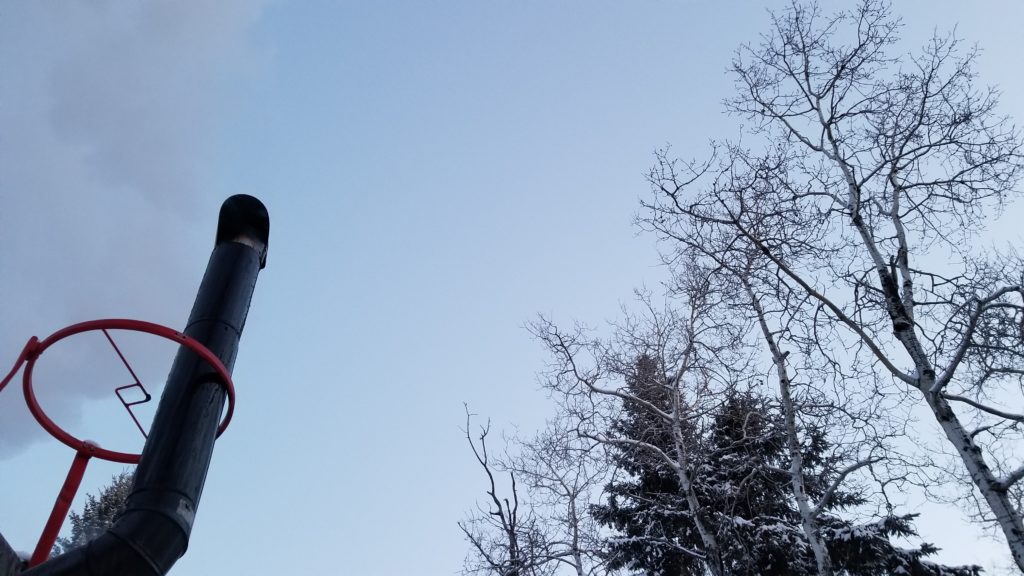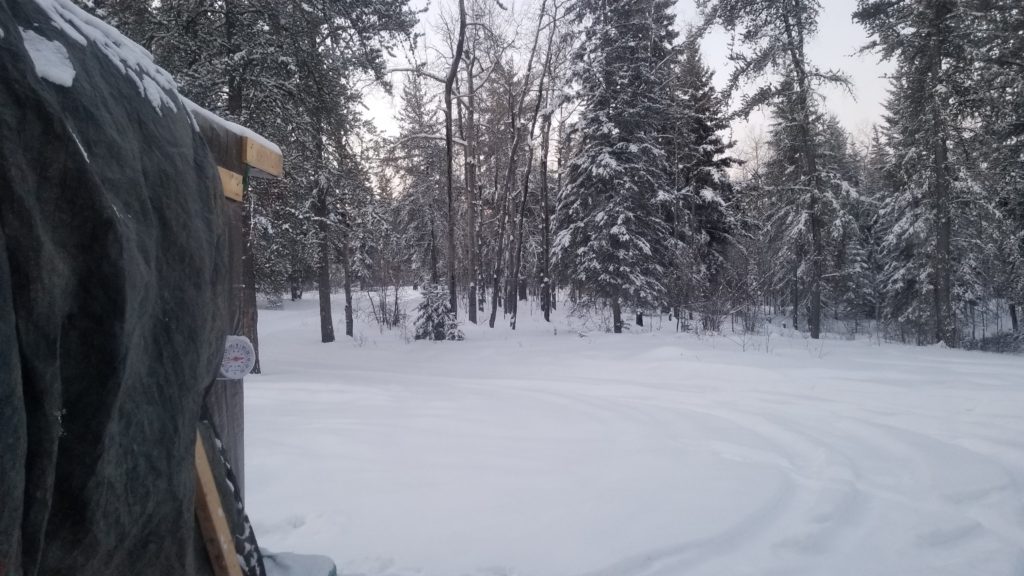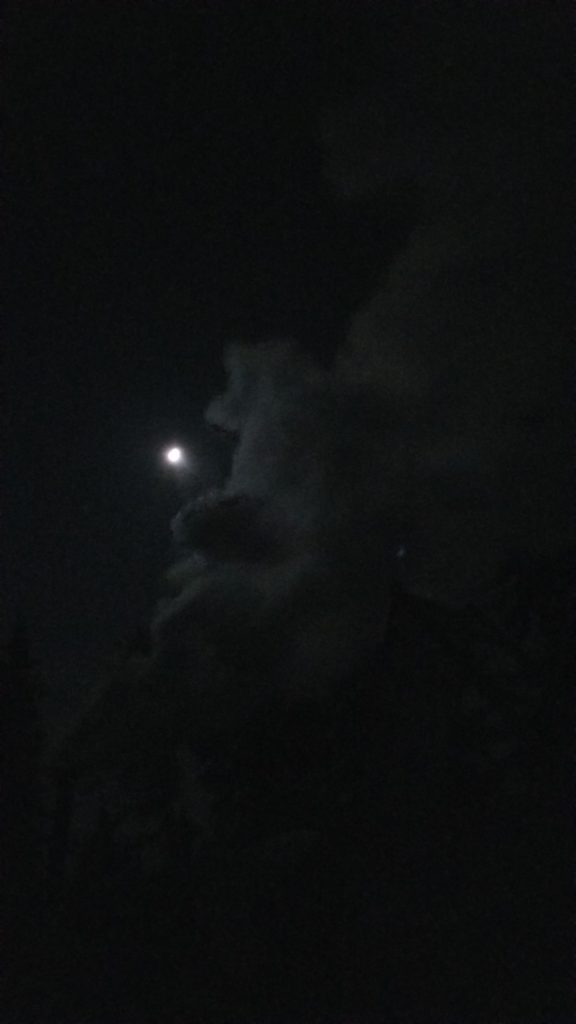Imagine
That time again:
It’s that marvellous time in the morning. The light is broken through the darkness, the sun yet to shine is promised. All is quiet, except the contained roar of burning wood in the furnace, the left overs from the water heated for coffee cooling in the pan on the stove, and every once in a while a plastic container popping loudly as the freeze of last night (or perhaps still left over from the -32°C storage for a week while I was in surgery) is slowly pushed back by the flames conductive reach.
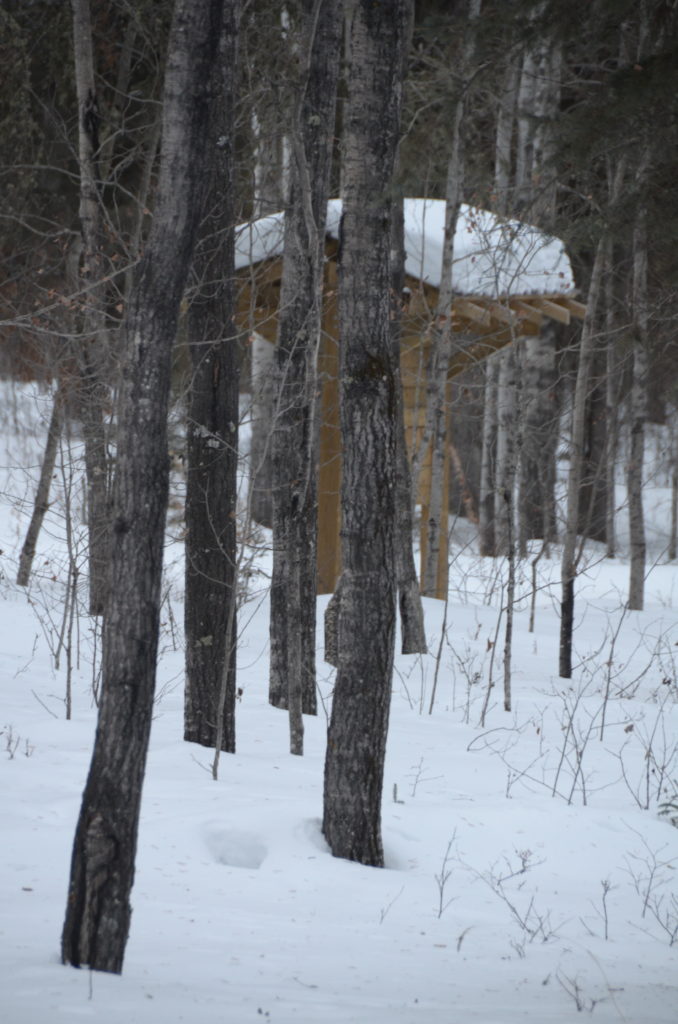
Earlier, before the light made the snow clear, an owl kept measure of the coming dawn with it’s ominous who, who, who. Who indeed has done all this?
Who is the owl calling to the end of life on this earth? There was an owl in this man’s drive, not a live one, but carved from wood. A sign, that stood for years; he was driven to take his own life by the woman he trusted most; she driven by an irrational fear that attached itself impromptu on whomever was close enough. The owl stood and still stands, a sign of a death not yet done.
Of course, life is never done with us until death harvests what is left of us.
In the quiet of the dawning day, not yet demanding so many things be finished, or progressed, or started, one can see the rhythm of the blessed goodness of life. A breath in, a breath out. A heartbeat on the left, then on the right. A cough from the wood heat smoke of yesterday still irritating the fragile, allergy-beaten sinuses.
This is the time that imagination sets the course of the day. Can you imagine forgiveness for one’s enemies who attacked and/or harmed you all your yesterdays? Can you imagine doing forgiveness, not just hoping it is what you’ve thought well enough to make real?
Can you see the temperature, so cold in the morning at -20°C, holding the frozen food frozen, the ice packs in the fridge cold to avoid fuel to keep a fridge cool, the frozen things frozen outside awaiting a later day for the ground to become soft? Or do you have to imagine the pain in your hands working out in this cold?
Can you see the sun creating electricity to store in the batteries to give you light, and then with time, you are able to create words of truth and freedom? Or are you afraid of the light, for it burns invisibly hot through one’s skin and eyes: therefrom grow cancers and cataracts, and age-related macular degeneration?
Can you imagine the sounds of squirrels chirping, wind breathing softly, kind voices greeting each other, preparing for the day’s tasks whatever they may be: school, work, ice fishing, travelling to deliver the goods? Or do you allow the haunt of yesterday’s abuse and lies run loose bouncing off every occasioned imagination and sound or light?
Just done, remember the soft warm feel of water with soap cleaning the breakfast dishes, and cool water rinsing away the suds.
Imagine Julian of Norwich’s words of hope realized in your coming days: all will be well, all will be well, all manner of things will be well.
Now, breathe in and out, the gifts of life here to share: clean air and water, food sufficient for all, clothing appropriate, shelter sufficient, meaningful labour, and love (given and received).
Now, the day calls. Make your way as you have been made able, to share what you’ve been given: blessings upon blessings, forgiveness, love, and hope.
It’s that time again:
Imagine!
